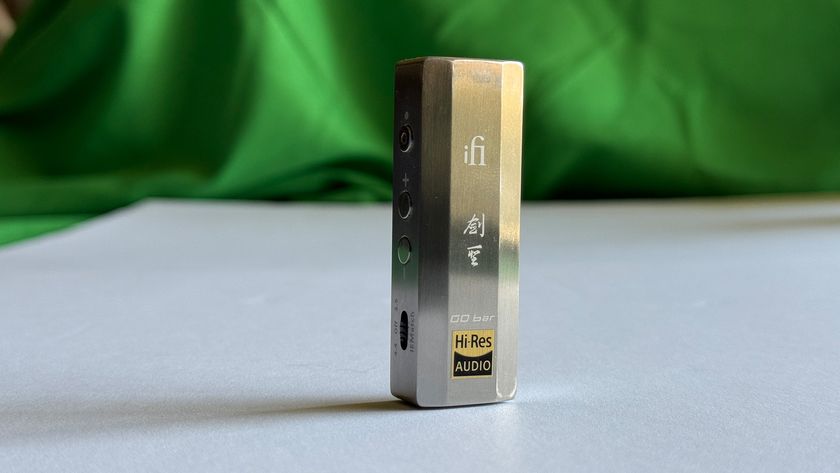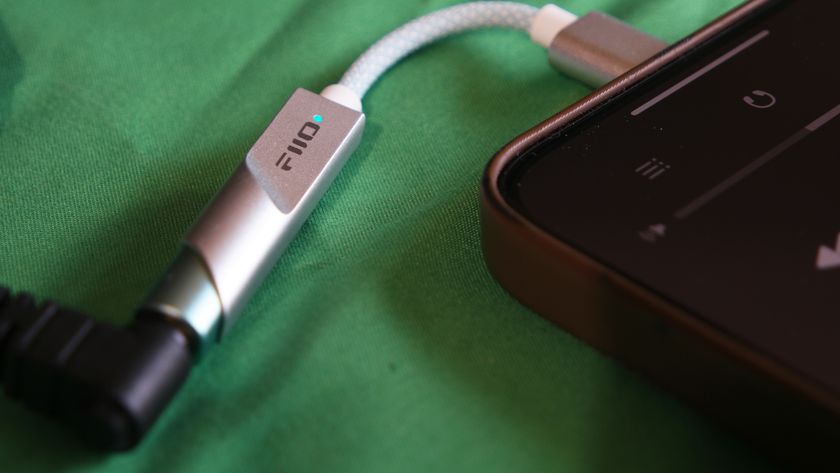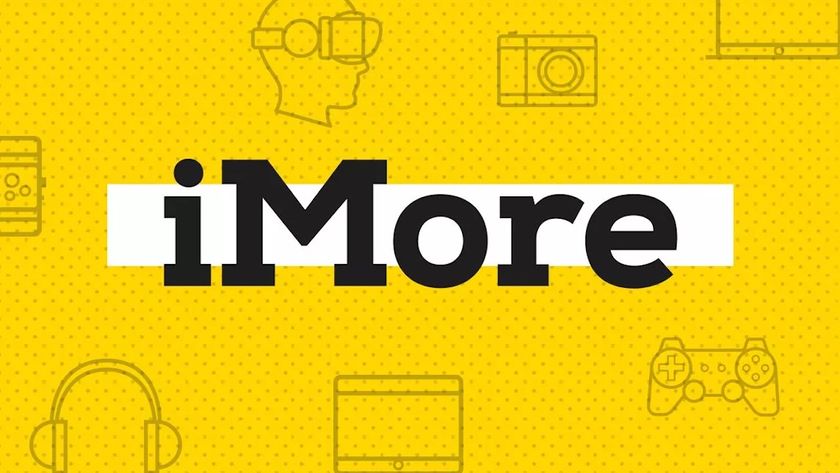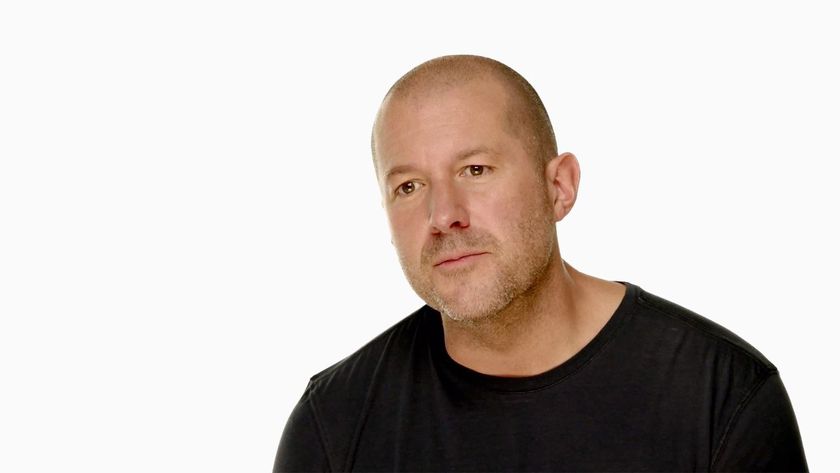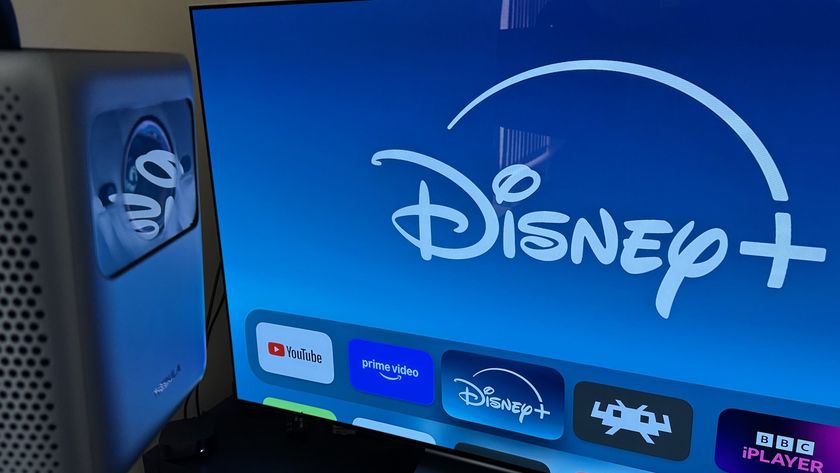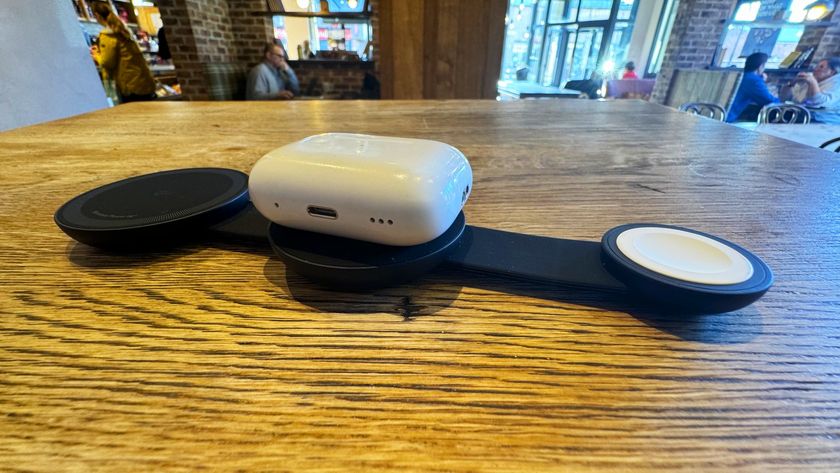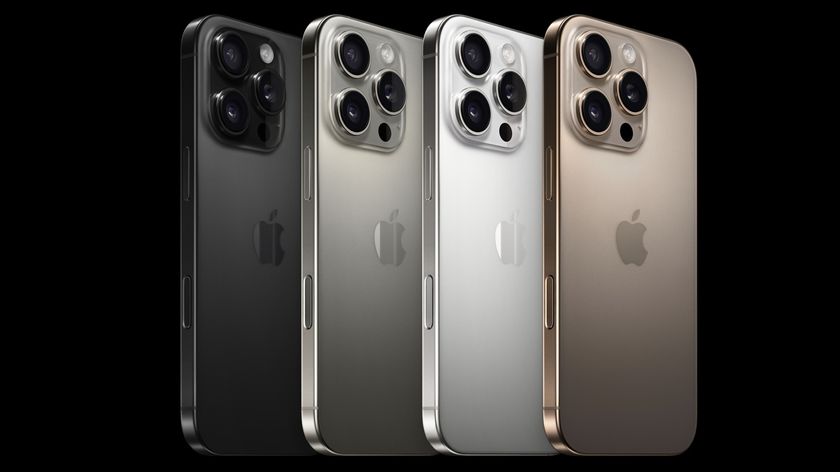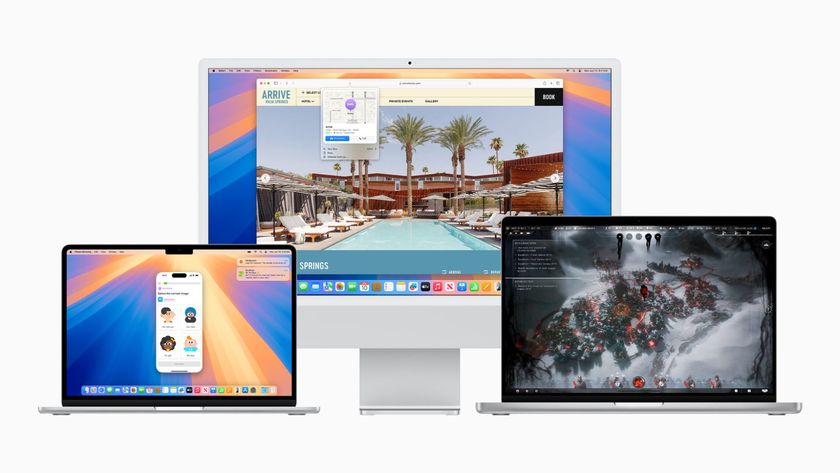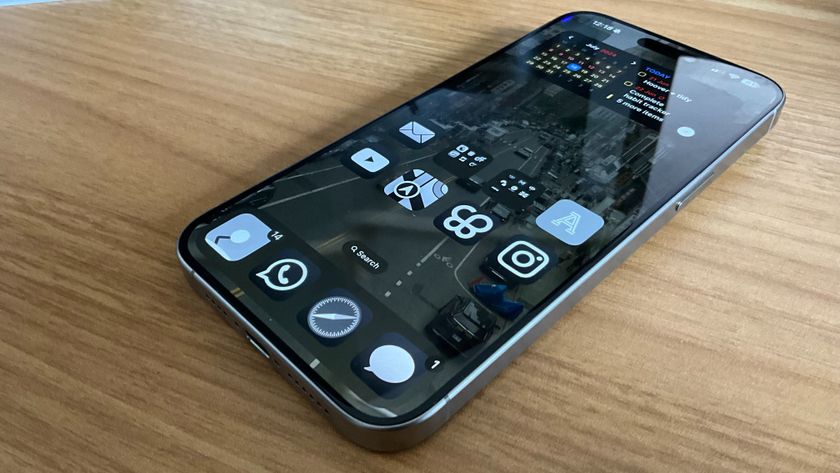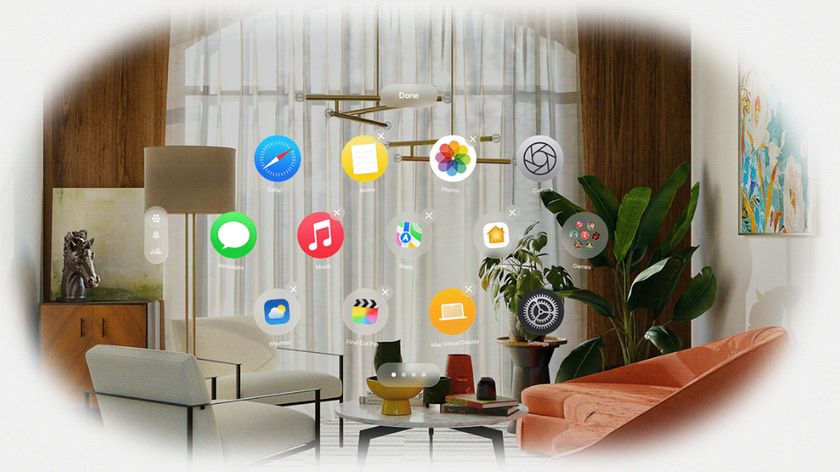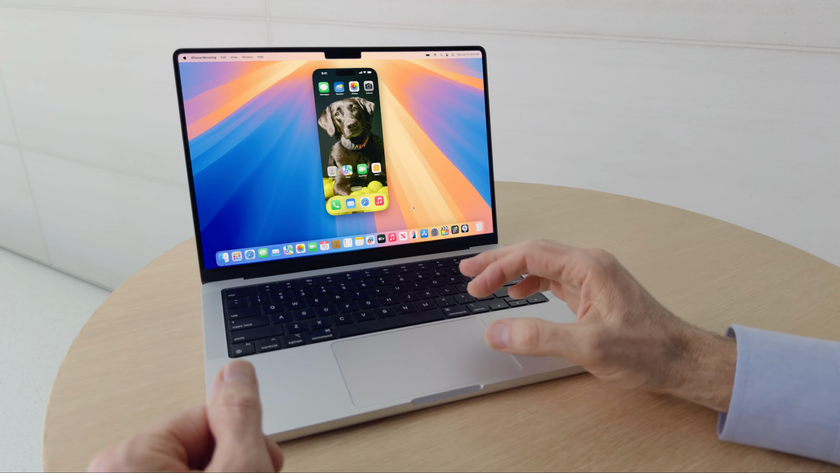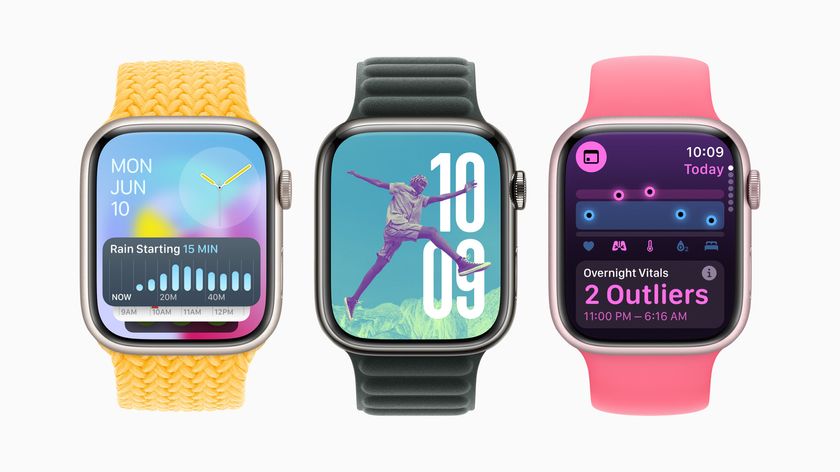On cheaper TVs and buying less, but better

As a consumer electronics market matures, early entrants are typically challenged by cheaper competitors who are then challenged by increasingly cheaper competitors until products become commoditized and most value goes out of them. (Similar to premium software or services getting beaten by cheap getting beaten by free.) Inevitably the quality of the product suffers, trending towards the disposable, which is offset by the low replacement costs. When you add up all the costs and tradeoffs between quality products and cheap products, over the course of many years, there difference isn't great - you always pay somehow - but the up-front expenditure is so much less, it makes it tough to argue premium consumer electronic products have much if any place left in the market. Which is John Herrman's case for buying a shitty TV on BuzzFeed:
It has been, for the last few months, a good TV. Not spectacular, but good enough that I, as a budget-minded person, would feel stupid ever paying a premium price for a Sony or a Samsung or an LG again. Now my advice to TV shoppers has evolved: Consider the off-brands. Are you building the ultimate home entertainment system to show off to your friends? Do you take pride in that kind of thing? Then sure, shell out for the Samsung. But if you're not, and you don't, perhaps it's time to take a look at one of those sub-$350, 40-plus-inch TVs from TCL, the sixth-largest television manufacturer in the world (and a company to which Samsung has outsourced LCD panel production). RCA, once one of the largest tech brands in the world, is now a label for Audiovox and TCL hardware. Give the sets a chance! Read a few Amazon reviews of an oCosmo or a Seiki. Consider what your TV is really for, which is showing you pictures that look right, and what it looks like in your living room. Forget all the rest.
Herrman does point out that for some things, like phones and tablets that are harder to undercut and almost impossible to match in terms of usefulness, premium brands like iPhone and Galaxy still matter. Marco Arment argues, however, that they still matter for him with TVs as well:
Their size makes replacing TVs cumbersome and wasteful, so I don't want to do it very often, and I think this is a fairly common stance. Since good TVs aren't that expensive and last a very long time by consumer-electronics standards, and replacing TVs is so cumbersome, I don't think there's much reason to get shitty ones.
I'd even take it a step further - put your money where your experience is.
You'll spend a lot of time watching your TV. Is it worth saving what will amount to $10 a month over the course of a few years if the price is a poor experience every time you watch it? There are no IAPs (in-app purchases) TV quality boosts. You can't just tap a button an upgrade your viewing for $1 when you really want to watch something great. (I bet manufacturers wished there were - they'd make a killing.) What you buy is what you'll experience. For years.
It's the same thing with a bed. Is it worth saving $5 a month over the course of a decade if the price is quality of life? You'll spend a third of your life in it sleeping, and who knows how much recreationally... Investing money upfront pays off every day, week, month, and year. It's better economics in the long run. (And, hey, If you can get zero interest installments, even better...)
I went through a good decade, when I first moved out on my own, of buying the cheapest stuff I could find. I had cheap TVs that annoyed me every time I watched them and failed the day after their warranties expired. I had budget PCs and handhelds that made my face as blue as their screens of death. I had dollar store kitchen gear that snapped and splintered at the worst times. I slept uncomfortably for far too many years on a mattress that saved me only pennies a day in the long run. And I bought a lot of junk that added nothing to my life but the space it wasted.
Everyone's finances are different, as is everyone's pain points. If you really can't tell and don't care about the video and audio quality of your TV and sound system, or how easily your phone works, or how many great apps your tablet has, then there's no reason to spend money on them. If you sleep like a baby on a stone slab, why pay for more. If you simply have to put money into your family's food and shelter, then access to cheap extras is miraculous.
Master your iPhone in minutes
iMore offers spot-on advice and guidance from our team of experts, with decades of Apple device experience to lean on. Learn more with iMore!
If not, however, then what something costs shouldn't be judged outside of the value it brings.
I don't buy a lot of things any more. I don't yet have a family to support, and when I whittled away the things that needed no place in my life, I was left with a rather short list of what did. Fewer things but better things.
Interestingly, the best way to beat cheap or even free is with quality. Apple says they don't know how to make cheap stuff that isn't crap. Having suffered through tons of might-as-well-be-disposable-crap, I'm training myself not to know how to buy stuff that's crap either. If it means I keep one good thing for 5 years rather than 3 crap things for a year and a bit each, it seems like just as good, if not better a deal. If I spend more money now on things I can one day hand down to my children, that seems like an amazingly good deal.
Source: BuzzFeed, Marco Arment

Rene Ritchie is one of the most respected Apple analysts in the business, reaching a combined audience of over 40 million readers a month. His YouTube channel, Vector, has over 90 thousand subscribers and 14 million views and his podcasts, including Debug, have been downloaded over 20 million times. He also regularly co-hosts MacBreak Weekly for the TWiT network and co-hosted CES Live! and Talk Mobile. Based in Montreal, Rene is a former director of product marketing, web developer, and graphic designer. He's authored several books and appeared on numerous television and radio segments to discuss Apple and the technology industry. When not working, he likes to cook, grapple, and spend time with his friends and family.
